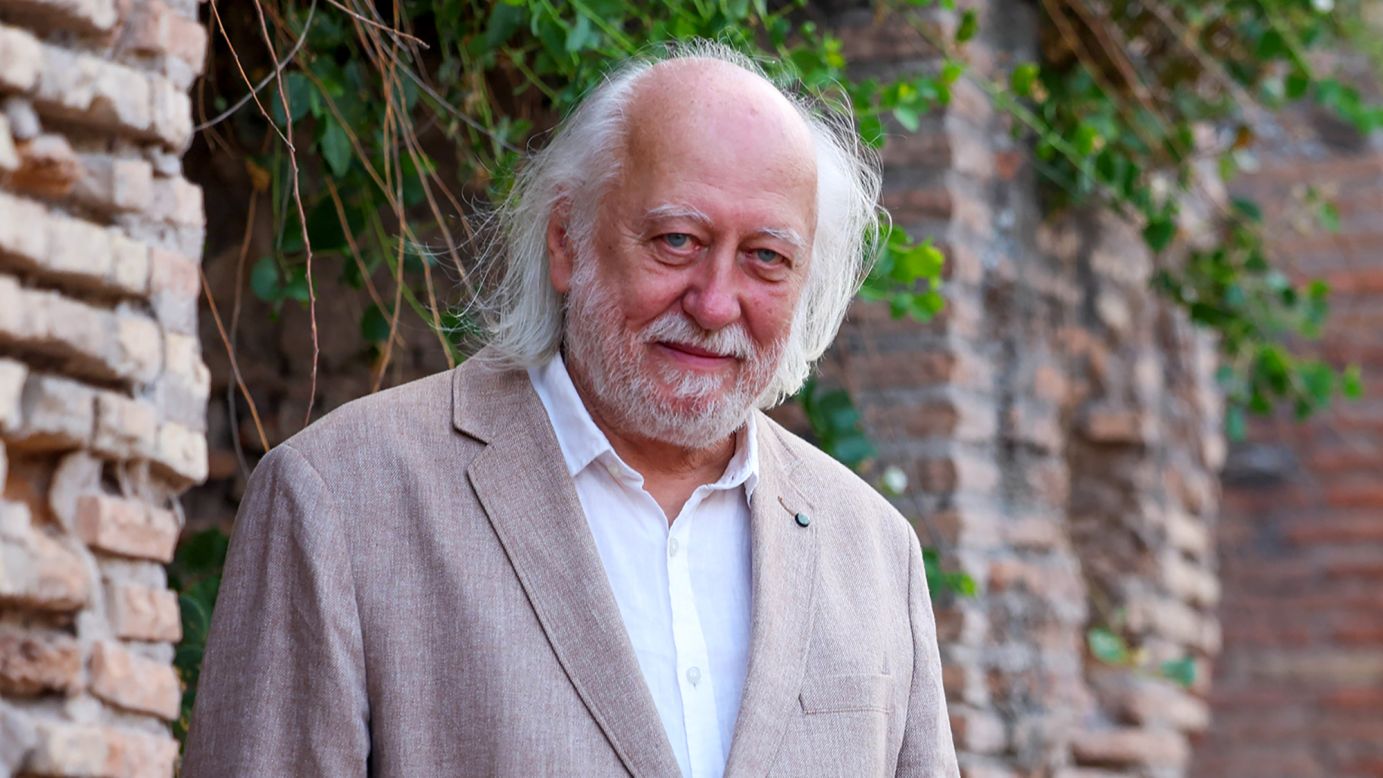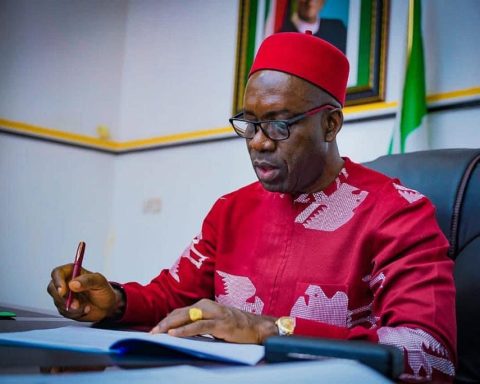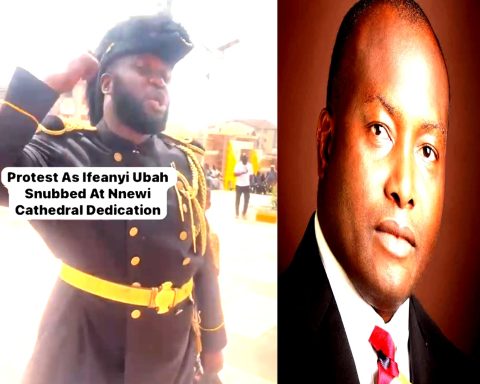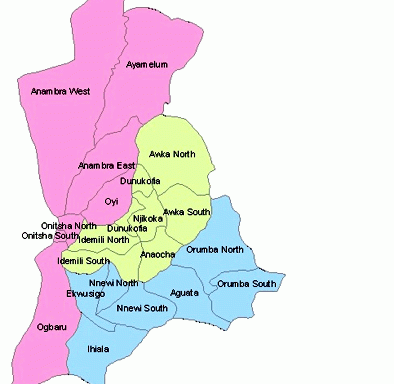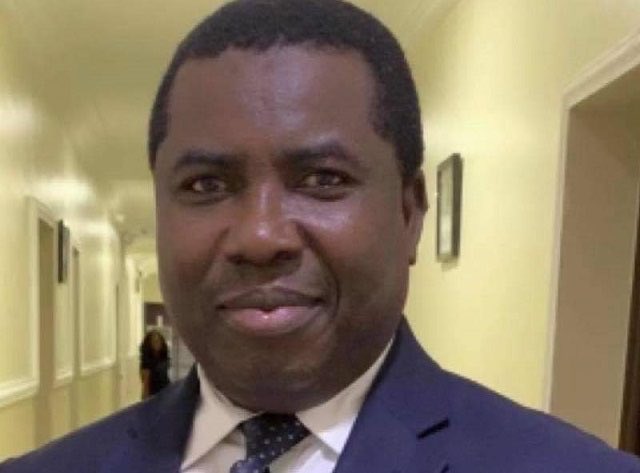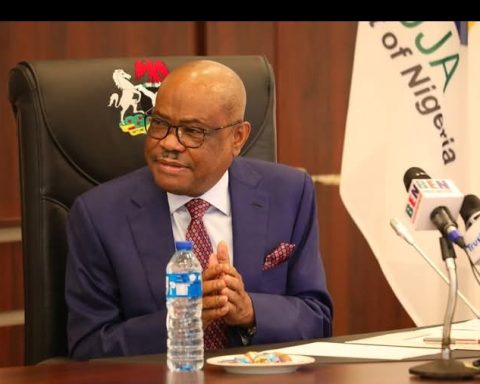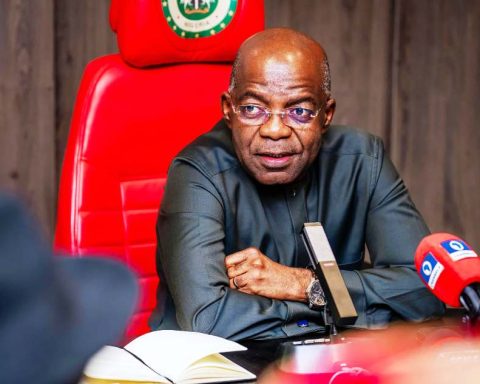The Nobel Prize in Literature for 2025 has been awarded to Hungarian author László Krasznahorkai “for his compelling and visionary oeuvre that, in the midst of apocalyptic terror, reaffirms the power of art,” the Swedish Academy announced on Thursday. Krasznahorkai, 71, is celebrated as one of Europe’s most distinctive literary voices, known for his long, meandering sentences, philosophical depth, and haunting portrayal of despair and resilience.
His works have earned him comparisons to literary giants such as Franz Kafka and Thomas Bernhard, whose influences can be traced in his absurdist and grotesque depictions of modern existence. Born in 1954 in Gyula, Hungary, Krasznahorkai emerged as a major literary figure with his 1985 debut novel, Satantango, a bleak, mesmerizing story of a decaying village that was later adapted into a seven-hour film by Hungarian director Béla Tarr. Their collaboration would continue in Werckmeister Harmonies (2000), further cementing Krasznahorkai’s reputation for writing that bridges literature and cinema in its exploration of chaos, decay, and the human condition.
The Swedish Academy described him as “a great epic writer in the Central European tradition,” noting that his work “extends through Kafka to Bernhard” while also incorporating an “Eastern contemplative tone” that lends his writing a spiritual and meditative quality. His novels often oscillate between despair and transcendence, drawing readers into dense, hypnotic worlds that mirror the absurdity and fragility of contemporary life.
Beyond his literary style, Krasznahorkai’s work often engages with questions of civilization, apocalypse, and renewal—an outlook that has resonated globally amid growing uncertainty and disillusionment. His other acclaimed works include The Melancholy of Resistance (1989), War and War (1999), and Seiobo There Below (2008), the last of which won him the Man Booker International Prize in 2015.
In awarding him the Nobel Prize, the committee highlighted how Krasznahorkai’s fiction “transcends despair through art,” portraying the end of worlds both real and imagined, yet always insisting on the possibility of meaning. “Even in the midst of collapse, his writing reminds us that beauty and thought remain forms of resistance,” the Academy stated.
Reacting to the announcement from his home in Budapest, Krasznahorkai expressed deep gratitude, saying he was “overwhelmed and humbled” by the recognition. “Literature, for me, has always been an act of survival—a way to remain human in times when humanity seems most fragile,” he said.
Hungarian Prime Minister Viktor Orbán congratulated the author, calling the award “a proud moment for Hungary and a recognition of our nation’s literary heritage.” The Hungarian PEN Club also issued a statement celebrating the decision as “a triumph for language, endurance, and imagination.”
Krasznahorkai joins the ranks of Hungarian Nobel laureates such as Imre Kertész, who won the prize in 2002 for his Holocaust writings.
READ ALSO: Hungarian PM Speaks On How Trump Will End Russia-Ukraine War If Reelected
The Academy’s recognition of another Hungarian writer underscores the enduring influence of Central European literature on the global stage.
The 2025 Nobel Prize in Literature continues Alfred Nobel’s legacy of honoring writers “who have produced the most outstanding work in an ideal direction.” Since 1901, the award has been presented 117 times to 120 individuals, including luminaries such as Rabindranath Tagore, Toni Morrison, and last year’s winner, South Korean author Han Kang.
László Krasznahorkai will receive the Nobel gold medal, diploma, and prize money of approximately $1 million during the official Nobel Prize ceremony in Stockholm on December 10, 2025.


